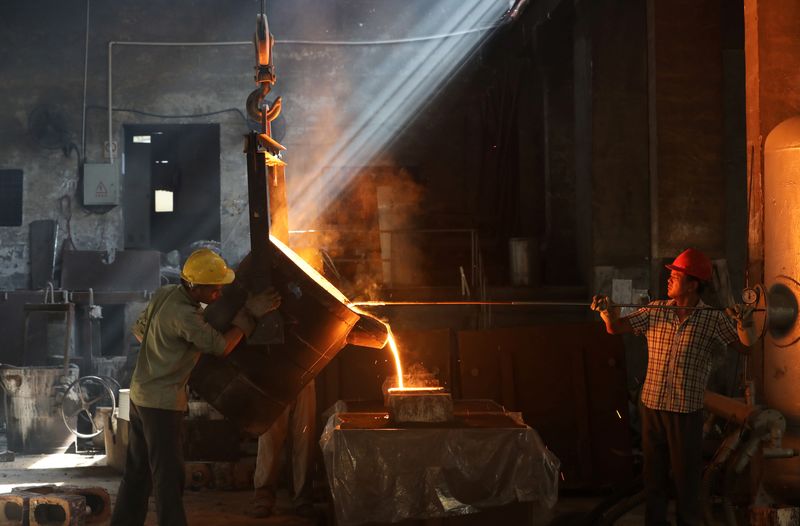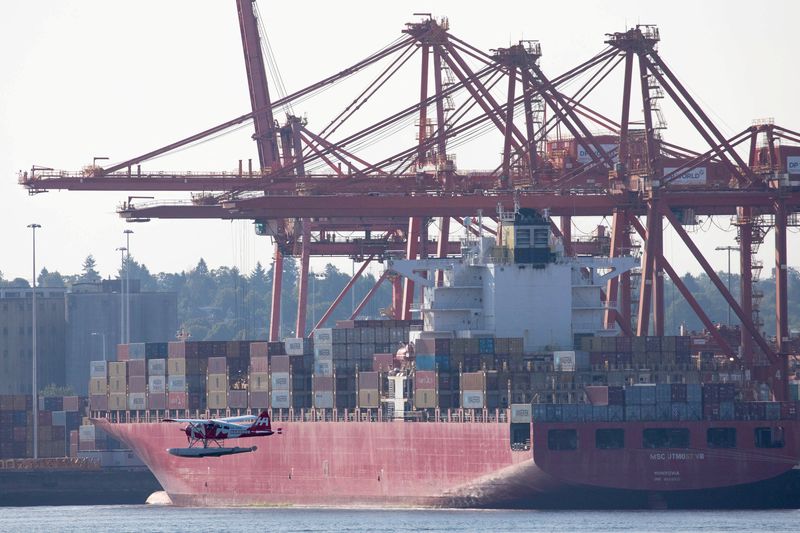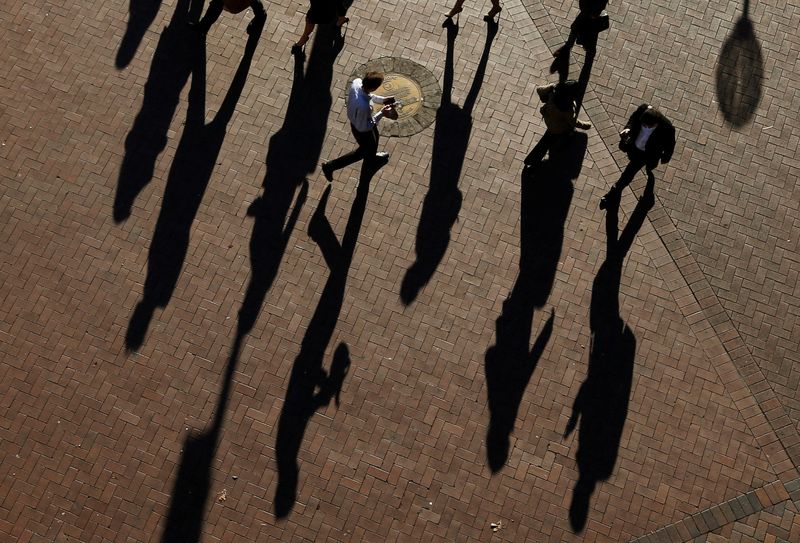Germany’s economy goes from bad to worse
Economy Minister Robert Habeck confirms that GDP is set to contract for the second year in a row.
BERLIN — German Economy Minister Robert Habeck confirmed on Wednesday that the country’s gross domestic product is set to shrink for the second year in a row, and blamed the economy’s deepening weakness on “failures of recent decades.”
The German government now expects the economy to shrink by 0.2 percent this year, having previously projected growth of 0.3 percent, Habeck told reporters.
“The upturn is therefore being delayed once again, but now mainly not because of cyclical factors that have become worse or developed more slowly, but because structural factors are making it so much more difficult.”
While German voters have fixated on migration and the war in Ukraine in recent elections, the country’s growing economic difficulties are likely to become a key issue ahead of a federal election scheduled less than a year from now.
Habeck attributed Germany’s economic weakness not to the policies of the three-party ruling coalition, but rather to long-running structural problems that have been “embedded” in the economy for decades — namely a lack of investment in infrastructure and a dearth of skilled labor.
Germany’s economy has been struggling for years, but news in September that carmaker Volkswagen was considering closing domestic plants for the first time ever drove home to many Germans the extent of the country’s troubles. That development was followed by the decision of chipmaker Intel to suspend plans to build a €30 billion plant in Germany.
But Berlin’s response has been constrained by coalition squabbling and by a constitutional debt brake that limits the federal deficit to 0.35 percent of GDP except in times of emergency, restricting the government’s options for a meaningful economic stimulus.
Members of the left-leaning parties in the coalition — the Social Democratic Party (SPD) and Habeck’s Greens — favor loosening strict spending rules, while the fiscally conservative Free Democrats want those rules to be respected. In his comments Wednesday, Habeck appeared to acknowledge that infighting within his government and within the EU wasn’t helping.
“The political debate in Germany and Europe does not currently provide companies, and perhaps also consumers, with a clear compass as to where the journey is heading,” he said.
Habeck predicted that growth would resume next year, with the government projecting 1.1 percent growth in 2025 and 1.6 percent in 2026.
That expansion would come with the help of the government’s “growth initiative,” he argued, which consists of more than 40 measures to boost the economy, including tax breaks for companies and cutting red tape.
But the opposition doesn’t share that sanguine outlook, blaming the country’s economic problems on government energy and regulation policies.
“There is a threat of a downward spiral, that we will remain in this difficult economic situation over the coming years,” said Carsten Linnemann, a leader of the conservative Christian Democratic Union (CDU), in parliament following Habeck’s prognosis.
The country, he added, needs an ambitious economic agenda that “creates freedom and puts performance back in the foreground.”
What's Your Reaction?


























:quality(85):upscale()/2024/09/09/785/n/1922283/901e710666df358b373de2.40207443_.jpg?#)
:quality(85):upscale()/2024/07/23/904/n/1922283/dc92642c66a0159ee98db4.72095370_.jpg?#)
:quality(85):upscale()/2024/07/10/842/n/1922283/8fb902af668edd399936b2.17277875_.jpg?#)
:quality(85):upscale()/2024/06/07/909/n/1922283/82a389f8666372643f2065.06111128_.jpg?#)
:quality(85):upscale()/2024/06/07/726/n/1922283/10bee64e666334778cf548.63095318_.jpg?#)
:quality(85):upscale()/2025/02/27/808/n/1922398/26784cf967c0adcd4c0950.54527747_.jpg)
:quality(85):upscale()/2025/02/03/788/n/1922283/010b439467a1031f886f32.95387981_.jpg)
:quality(85):upscale()/2025/01/08/844/n/1922398/cde2aeac677eceef03f2d1.00424146_.jpg)
:quality(85):upscale()/2024/11/27/891/n/1922398/123acea767477facdac4d4.08554212_.jpg)







:quality(85):upscale()/2024/02/21/214/n/1922283/8118faa965d6c8fb81c667.06493919_.jpg?#)


